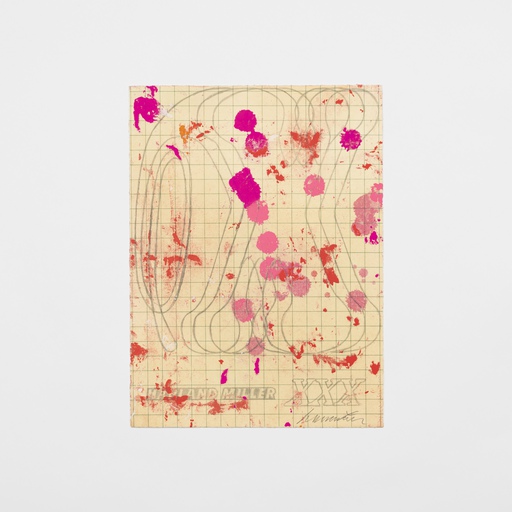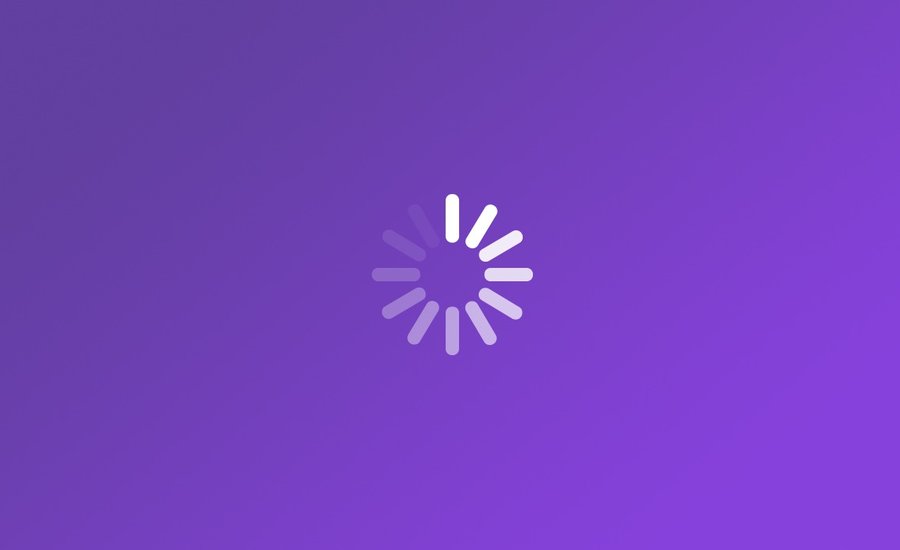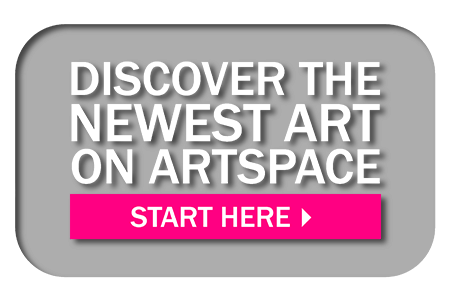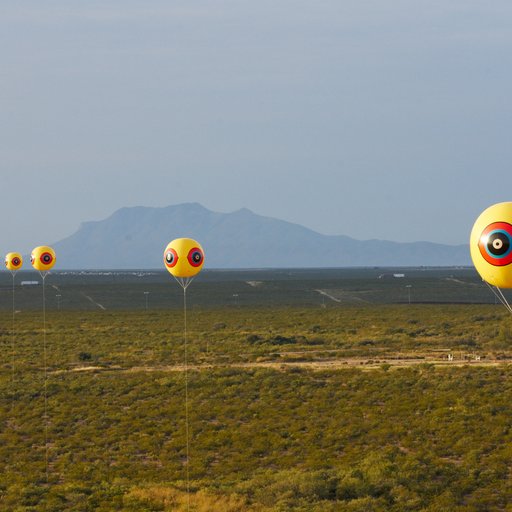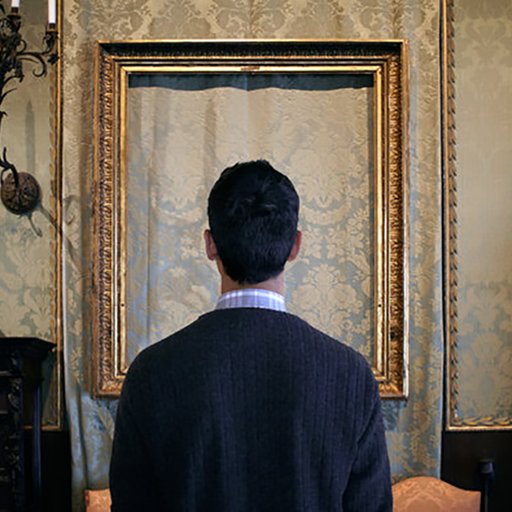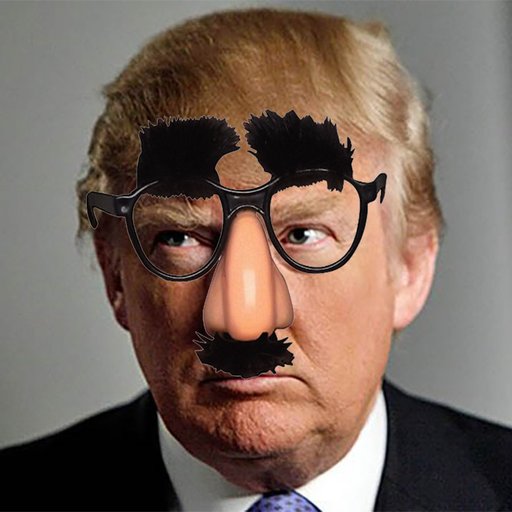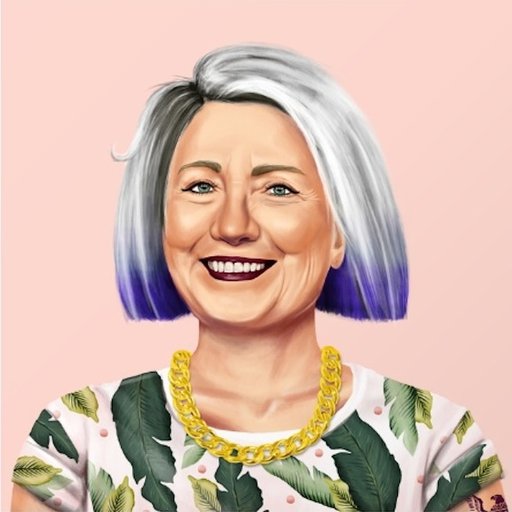We know, the term “net neutrality” isn’t nearly as sexy as the word “abstract expressionism,” but stay with us. The FCC has just voted on a decision to rollback Obama-era net neutrality regulations, spelling drastic changes for the future of the internet, and putting many in the creative community on their toes. This deregulation has the potential to significantly restructure and redistribute who, what, and how we access information. While a lot of these concerns are speculative at best—nobody really knows what the internet is going to look like under this net neutrality rollback—what we do know is that deregulation will provide internet service providers (ISPs) with a whole lot of power.
As it stands, net neutrality asserts that all internet traffic should be treated equally. ISPs are to operate as “dumb pipes,” meaning they provide data without prioritizing, blocking, or slowing down any content. Repealing these regulations essentially means that ISPs now have the power to wise up and control internet traffic. It will also very likely lead to us having to pay more for all the services we take for granted now. For example, think about how amazing it is that as of this moment, anyone with internet access can go on the Metropolitan Museum of Art’s website, search for a sublime work of art (my favorite is the Unicorn Tapestry), and there it is! Available in ridiculously high resolution, for free, from the comfort of your own home. You can even download it! This net neutrality rollback could be the end of that.
Under this new deregulation, high resolution images will be a costly commodity. Museums like the Metropolitan could end up having to set aside a budget to pay ISPs, and that cost will likely end up trickling down to membership. Another option is only allowing access to high resolution images once you’ve paid an access fee. In five years, we may be pining for the golden days of open-access internet, where high resolution was free and available to all. Multimedia artist Claire Christerson doesn’t want to resort to that future: “As someone from a generation who experienced the internet at its ‘golden age,’ my peers and I share a responsibility to keep space open for younger generations so that they can feel [the same openness] with however they choose to share and spread information. You can't slap a fee on to free public information or online activism, and when you take that away from generations to come that is dangerous. It's almost less about what will happen and more about the actual fear that this potential rollback is creating in people who rely on the internet for income, free education, and connection—and it's cruel.”
In principle, net neutrality has been instrumental in democratizing the internet as a free and open resource. In its enactment, its protections championed the preservation of the internet as a place of equal opportunity and growth potential. This has been particularly beneficial to artists who, in recent years, have been able to connect with and grow their audiences directly via social media platforms like Instagram. Meanwhile, platforms like BigCartel and Etsy have even allowed these artists to establish their own businesses—just about anyone can open up their own boutique online store. Artists don’t have to rely entirely on grant money or gallery sales for funding anymore. Patton Hindle, Kickstarter’s director of arts, says, “for so long the art world has operated on a face-to-face micro level, but the internet helped change the industry, democratizing the simple act of discovery, so I can see the work of an artist in Berlin as easily as one in Brooklyn. As someone who has spent a good portion of their career championing the way the internet helps to democratize access to art and artists, I’m fearful that these rules will deter an already late-to-adapt community—stifling the progress we’ve made to-date.” Hindle also worries that deregulation will throttle the growth of future platforms and startups: “The bigger risk is that new tools for creative people might never get a chance to thrive. When Kickstarter’s founders launched the site, they didn’t need to pay a toll to deliver project videos to potential backers. That’s the kind of open internet we want to maintain, for the sake of the creative platforms that don’t even exist yet.”
While net neutrality does aim to protect an open and free internet, one can easily point to the many ways in which the internet has already been corporatized. The past few years in particular have seen an internet that has become increasingly divisive and vulnerable to influence and power. Just look at your own ad-ridden Facebook or Instagram feed. Every page that you visit and click that you make is monetized, providing marketers and advertisers with data about your consumption habits. In a lot of ways, censorship, content prioritization, and throttling is already happening through mega-platform algorithms, but repealing net neutrality only adds to the commodification of browsing. Again, from Patton Hindle, “If we lose net neutrality, we’re only reinforcing the message that money is what leads the world—both creative and otherwise.”
“It's unclear where this is going to go specifically, but as it continues to go unchecked, we're definitely going to enter situations where we won't have access to certain information without having to pay money for it,” says Michael Connor, art director at Rhizome, the New Museum’s resident new media platform. “It's aligned with a lot experiences over the past few years online. Just take a look at Facebook Pages. It used to be that you would post to Pages and it would automatically circulate to the public. Nowadays they force you to buy ads to reach the same public. They're already charging content creators to reach their audience within that context.”
Poet and critic Kenneth Goldsmith also shares this sentiment. As the founder of Ubuweb, the online, open access archive of avant-garde material (he is also the MoMA’s first poet laureate and teaches a course called “Wasting Time on the Internet” at the University of Pennsylvania), Goldsmith has already come to terms with the lack of freedom on the internet. “Everybody says net neutrality is the end of internet freedom but I'm not so sure that the internet has been all that free anyway,” states Goldsmith. “All the good stuff is already behind paywalls. Certain college campus torrents aren't allowed to be shared—if everyone had access to the resources I have as a college professor, the internet would be a lot more open. In a way, this deregulation is making the lack of freedom more obvious.” One could argue that the FCC is simply seeking to shift regulatory power away from platforms and giving them to ISPs, effectually incentivizing a monopolization of content. Going back to Rhizome’s Michael Connor: “I think there's a macro-level trend of the internet fracturing right now and the internet is becoming more local and discontinuous in many different ways. Under this deregulation, that fracturing will continue. It's a step in the wrong direction. ISPs should be less empowered, and there should be fewer monopolies.”
While the future of the internet seem bleek and yet to be seen (the effects of the rollback will likely be very slow, and incremental), most artists remain hopeful. “I think that the internet will look way more corporate than it already does, that's just a given,” says Claire Christerson, “but I doubt that an online creative community will be stifled because people are smart and there will always be a back door to discover. I just hope that people are not discouraged to share online and spread information.” Having always existed somewhat on the fringe, artists and platforms like Kenneth Goldsmith’s Ubuweb or Rhizome are optimistic that these underground, alternative resources may continue to operate as such, and if not, will always find a way to adapt.
The silver lining in all of this might be that artists will continue to do what they've always done well: innovate. “The internet is brilliant at finding a way and being adaptable but I think there's something beyond that we can look to,” Connor says with optimism. “People at DIS have been so great at adapting to changing traditions on the internet and I think they see it as a kind of creative clout to work within this sort of hellish, corporate controlled quagmire of the internet and making it something great. I think in some ways, that's also where Rhizome lives. At the same time, I think that there are some other opportunities to work together to counterbalance the big players that are trying to mine the internet for every last bit of power.” Can the threat of net neutrality spark some kind of solidarity and collaborative online space-making? In the words of Kenneth Goldsmith, “If you’re smart, you can always find a tunnel that helps you circumvent the system. I could be very naive about this but having been on the web since the early '90s, it always seems possible to hack something.”
[related-works-module]




